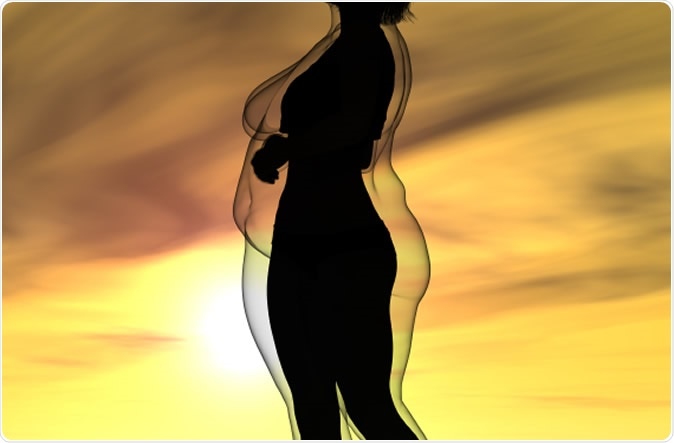A new study has shown that celebrity fat-shaming leads to an adverse reaction among general women towards people who are overweight. The study titled, “Shaping the Body Politic: Mass Media Fat-Shaming Affects Implicit Anti-Fat Attitudes,” was published in the latest issue of the journal Personality and Social Psychology Bulletin.

Image Credit: design36 / Shutterstock
Researchers from McGill University in Canada conducted a study as part of the Project Implicit, of 93,239 women and found that high profile fat shaming and adverse comments on celebrity weight gain could have a wrong effect on attitudes of women. They noted that when comments against celebrities surfaced, am online survey shows women become more negative towards people who are overweight.
Lead author of the study Amanda Ravary in a statement said, “It is hard to escape these kinds of fat-shaming messages, and our research suggests these messages that ‘fat is bad’ do not just affect the celebrity target, but can also influence other women who hear about the comments. But still we hear these things and often do not bat an eyelash. Prejudice towards people because of their weight is one of the last remaining forms of socially acceptable discrimination.”
They looked at fat shaming articles in newspapers, magazines and blogs between 2004 and 2015. Then they tested the women participants to look at their prejudice and judgemental attitudes towards fat persons. The tests were conducted two weeks before the major celebrity fat shaming news and again two weeks after the news. The tests involved showing the women different silhouettes of bodies and asking them to categorize them as thin, fat and also term them as “glorious” or “awful” etc. They were sometimes asked to press a single key to denote a response to the images. Rapid response was recorded and slower responses indicated prejudice.
Results revealed that two weeks after the celebrity fat shaming cases, women seemed to be more biased towards fat persons. When asked openly the prejudice was not evident, write the researchers. Unconsciously however there seemed to be greater prejudice after the case studies on fat shaming. The prejudices were seen to wear off after five or six weeks of the event. However repeated fat shaming public events could have a longer impact say researchers.
Ravary spoke on social media and fat shaming saying, “Now, [media] is at your fingertips all the time. We [can speculate that] the general increase [in negative implicit weight bias] is a result of these cumulative effects of increased media exposure.”
Professor Jennifer Bartz, a senior author of the study said, “These cultural messages appeared to augment women's gut-level feeling that "thin" is good and "fat" is bad". These media messages can leave a private trace in peoples' minds.”